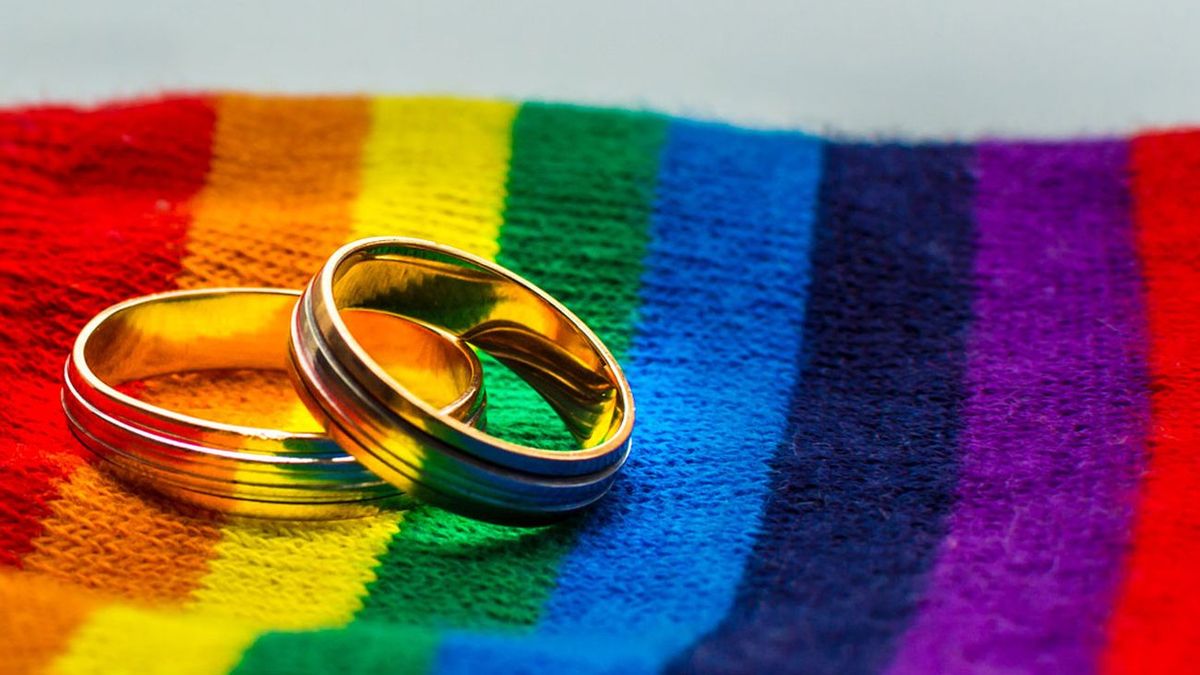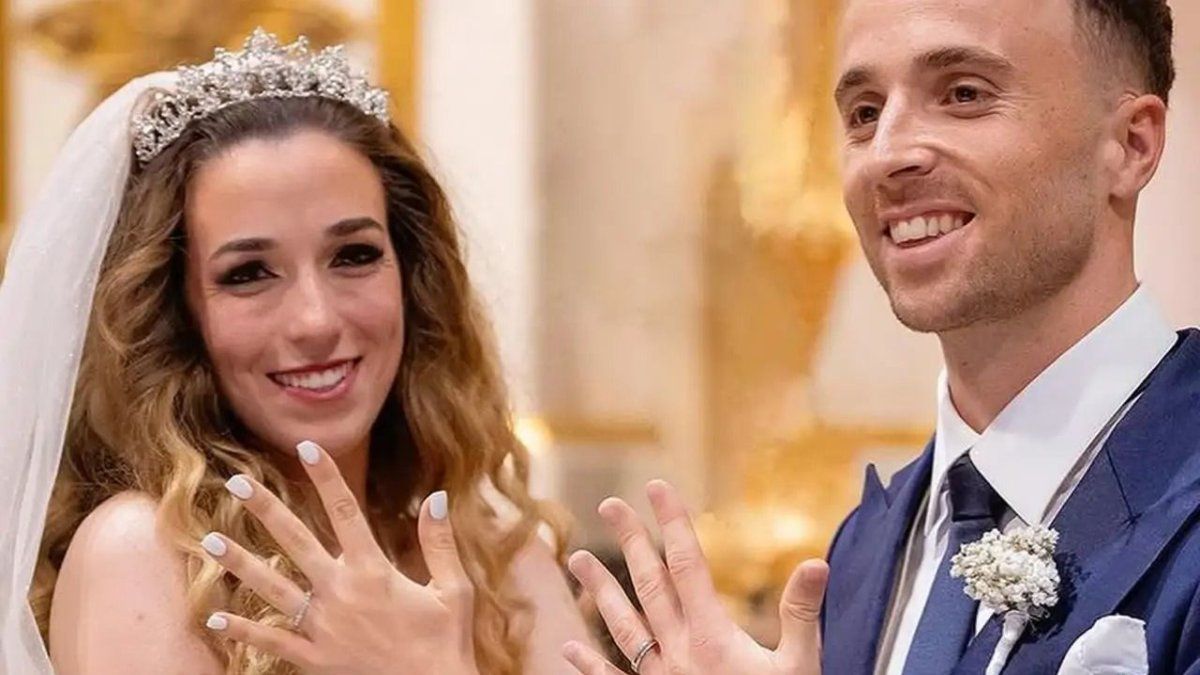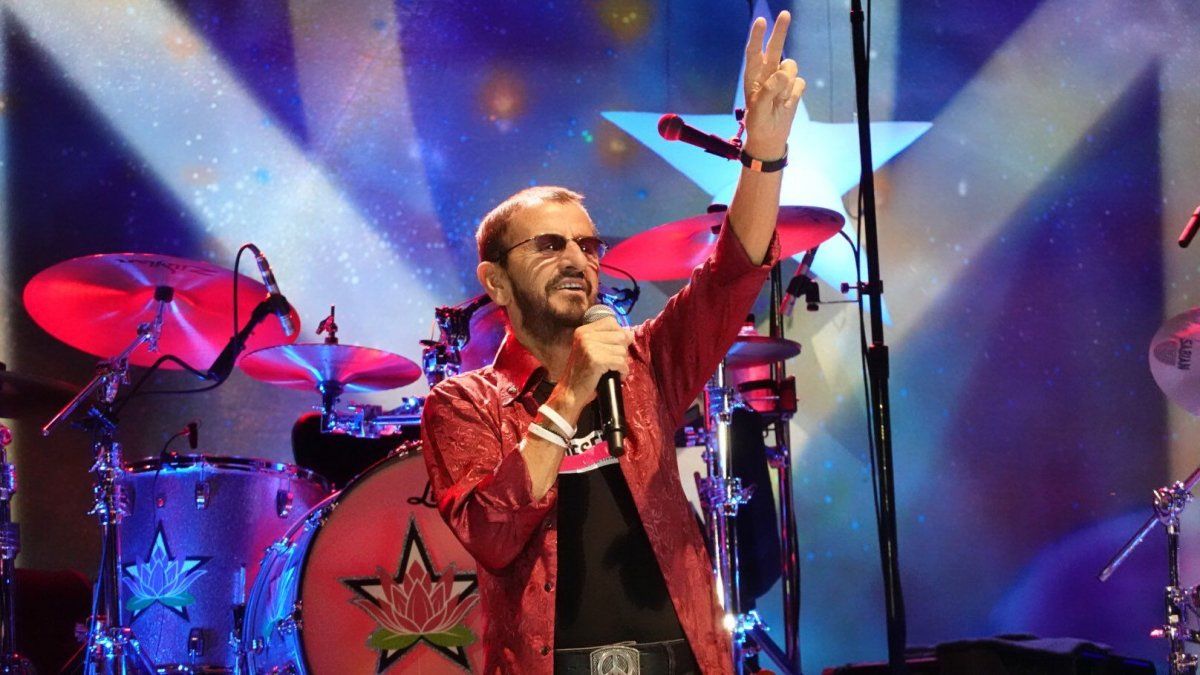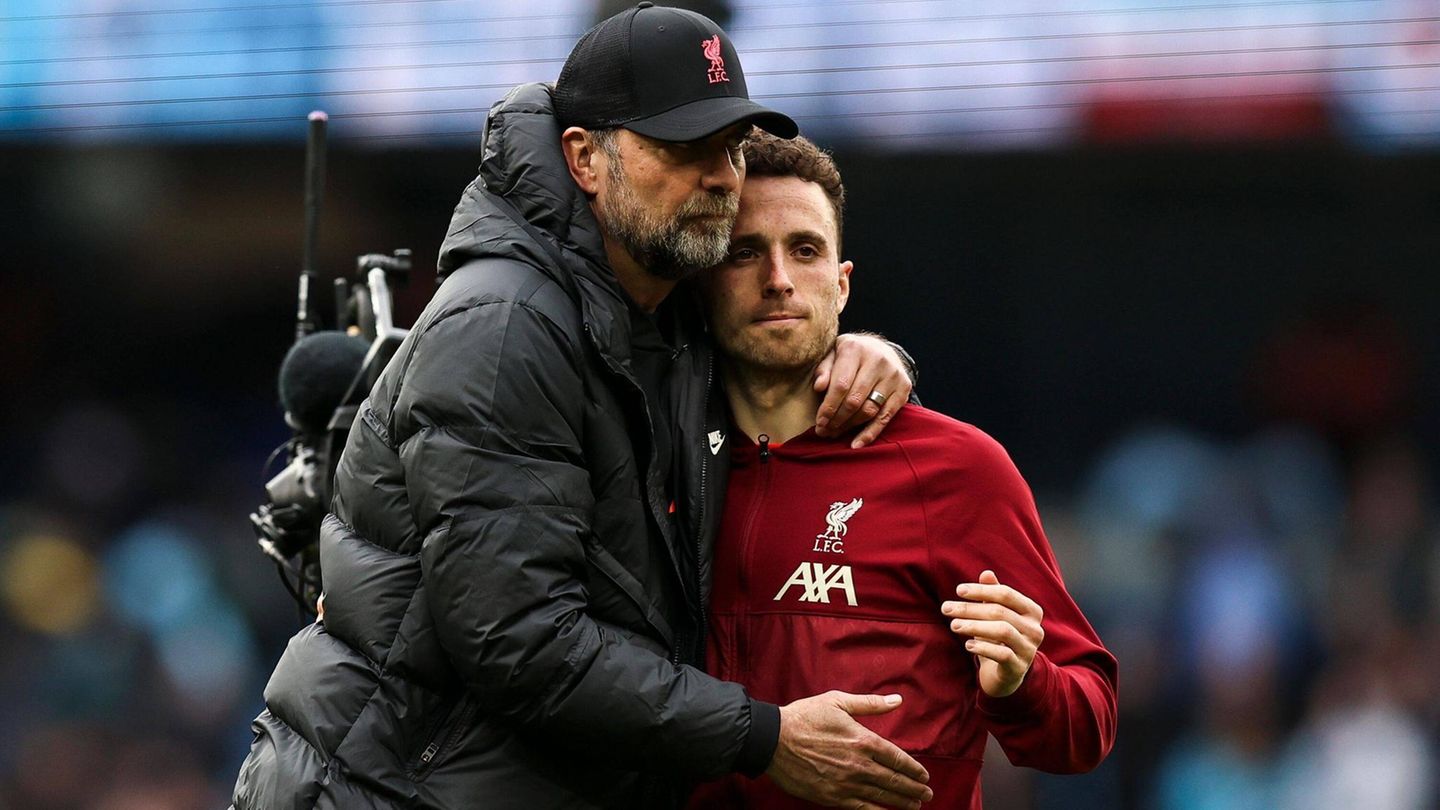14 years after the sanction of the equality marriagefrom Grow- gender and work we reflect on the pending challenges for the true inclusion of diversity.
The legal recognition of non-heterosexual couples is a fundamental piece on the path out of the “second-class citizenship” of the community LGBTI.
This term seeks to bring into debate the impact that sexuality and gender identities can have on the cost of living, access to rights, and access to opportunities. One step beyond the decriminalization or depathologization of homosexuality, universal marriage opens the door to state recognition.
It also questions heterosexuality as the only possible destiny, in the search to deconstruct the idea of family and couple, as an egalitarian possibility, and no longer as the heritage of only one type of relationship.
Shame, the most subtle and universal mechanism
Even with this legal framework, many challenges remain today, which have deepened even further in recent times with the growth of hate speech, violence and discrimination towards women. LGBTI+ community. Even if we do not necessarily reproduce these same ideas, the field is shifted from us, and discriminatory practices that are not necessarily intentional but harmful are becoming more acute. It must also be said that the risk of being attacked in the street or even murdered while sleeping has increased, as happened recently with tlesbians in the Barracas neighborhood.
The most subtle and universal mechanism used to exclude gender diversity is shame. This feeling or emotion is socially generated, it manifests itself in small phrases or thoughts, generally with the intention of limiting LGBTI+ experiences to the intimate space, so that they are not seen. The problem, surely, is not love or romance in the abstract, but that it is noticeable, that it disputes the public and institutional space with heterosexual kisses.
same-sex marriage.jpg
Argentina.gob.ar
The shame As a social practice, it is also exercised within the workplace. With traditional jokes in relaxed spaces, with dress codes that universalize gender experiences, with the lack of homoparental licenses, with the lack of non-binary registrations, among many other issues.
In the workplace, sexual orientation remains a cause of discrimination. According to a report by Grow-gender and work together with the regional project FESMINISMOS of the Friedrich Ebert Foundation (FES)In Latin America and the Caribbean, 82% of women and 72% of men among non-heterosexual people suffered workplace violence.FES region).
And according to a survey conducted by Grow-gender and work Regarding symbolic violence, 71% of people responded that they had witnessed jokes based on sexual orientation in the workplace (Grow- gender and work, 2022).
Our work: a comprehensive cultural transformation program
To bring these institutional behaviors and practices to awareness, from Grow-Gender and Work we ask “Who put this closet in my office?” as a provocation to think about why the LGBTI+ people even in 2024 they still need masks and closets. This is a comprehensive cultural transformation programwhich investigates policies, but above all offers tools for awareness and transformation.
Our response, 14 years after an exemplary victory, continues to be the pride of being whoever we are, a pride that seeks to illuminate all the dark corners that shame left behind in order to exist, a community and social pride. And in particular, the pride of bringing diverse experiences to more celebratory and inclusive work spaces.
Lleader of training projects and the Grow diversity program – gender and work.
Source: Ambito
David William is a talented author who has made a name for himself in the world of writing. He is a professional author who writes on a wide range of topics, from general interest to opinion news. David is currently working as a writer at 24 hours worlds where he brings his unique perspective and in-depth research to his articles, making them both informative and engaging.




